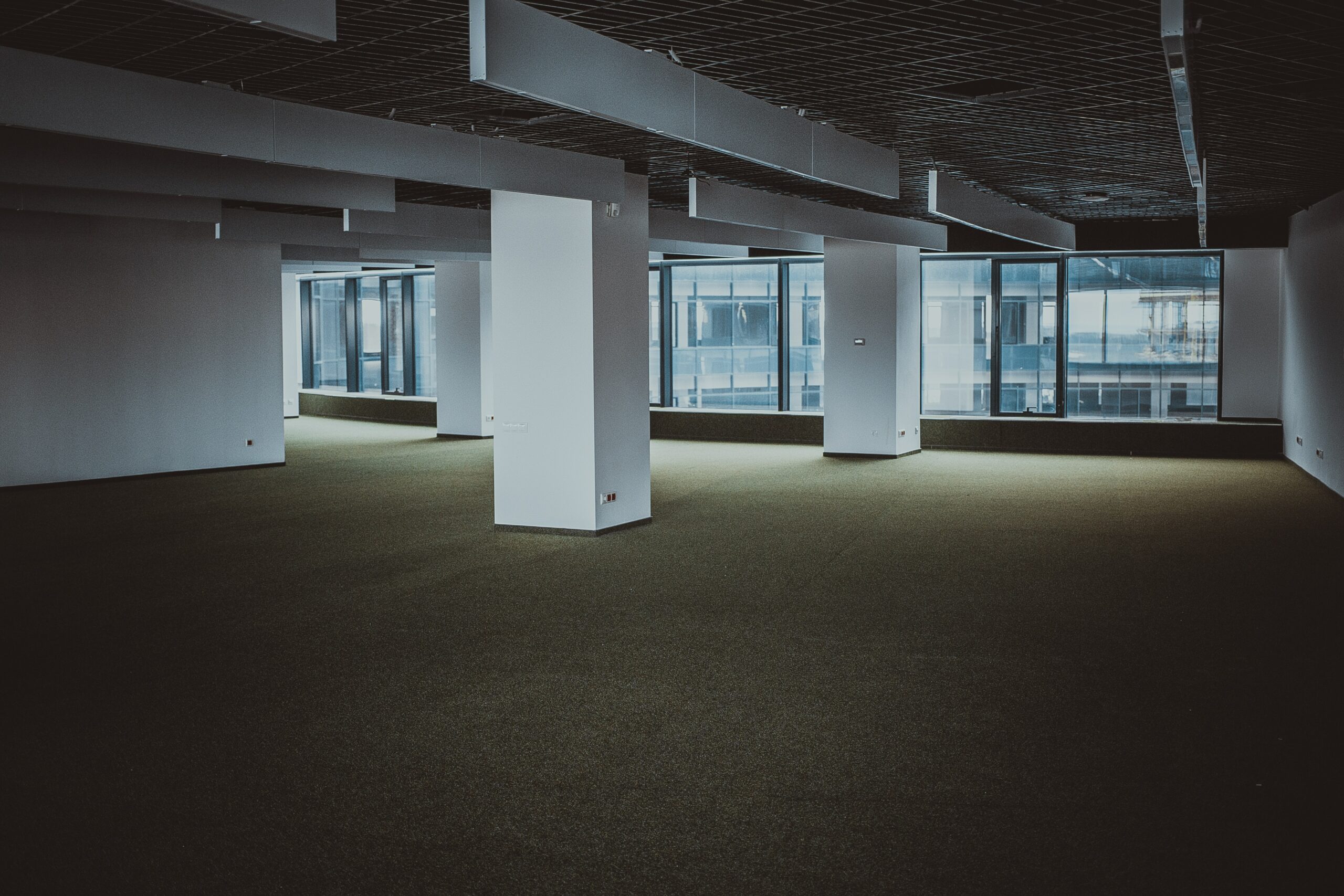Surviving workplace ‘away days’

As part of my job, I sometimes have to attend team “away days”. I work from home full time, but these days are in person and usually involve a lot of travel and staying away for one or two nights (I live in Scotland, my organisation is based in the South of England).
The away days themselves consist of a mixture of group tasks, watching presentations, and socialising e.g. in lunch breaks.
These can be completely exhausting. In the anticipation ahead of the event, and then in the recovery time afterwards. I want to share what I do to help minimise and manage the impact of this, in case it is helpful for others in similar situations. These strategies could also apply to any sort of work travel or long days filled with meetings.
Strategy 1: Find out what to expect
Usually via email to the organiser, or sometimes my manager does this on my behalf. Depending on the event (and how much information has been shared beforehand!) this might include: lunch contents/timings, how groups will be decided for group tasks, specific details of any ice-breakers, how we are expected to contribute in specific activities, and where a quiet room and/or the loos are in relation to where we will be spending the day.
One challenge with this can be that not everyone plans to this level of detail very far in advance, or even at all. In those cases, I may: stress how much difference it would make for me to know, make a specific request if something has not been decided (e.g. “I would like to be in a group with Charlie”), or focus my attention on the other strategies below!
Strategy 2: Managing sensory issues on the day
I’ll do things like: make sure I wear comfortable clothing regardless of dress code (agree this with my manager first if it is likely to “stick out”), bring fidget toys, spray perfume on my scarf/jumper so there’s something nice to smell close by, bring snacks and water and stick to my usual snack times as much as possible, bring sunglasses in case it’s bright, bring ear plugs in case it’s too loud.
Strategy 3: Having an escape plan
I’ll agree an “escape plan” with close colleagues, and/or somewhere to retreat if I just need a break. Last time we agreed that if I was gone for more than 20 minutes without warning, someone would come and check on me – and they knew I would hiding either be in the designated quiet area or in the toilet. Sometimes just knowing there is a plan is enough to prevent it from being needed(!)
The first away day I attended in this job, I did need to escape, and hadn’t made a plan. I went and hid in the toilet and had a complete meltdown. It was a staff toilet in a school, I don’t know what the other teachers coming in and out of other stalls must have thought. No one knew to come and find me, so I got stuck for quite a long time not feeling sure how to re-join the group activity. That uncertainty actually sent me into another meltdown before I could calm down enough to go back in.
Strategy 4: Removing as many unknowns from the start of the day as possible
Once I’m “settled”, it’s less likely that things will go wrong. The trigger for the meltdown mentioned above came when an unexpected and extremely vague ice-breaker had been introduced at the very start of the day.
So, I try and cut out as many unknowns as possible. This depends a bit on the timings, the specifics of the day, and where I am staying/how I’m arriving, but it can include: meeting a colleague nearby so we can arrive together, pre-agreeing pairs for the first bit of pair work (so I don’t end up looking around the room thinking “oh no who do I speak to” when we’re asked to get into pairs), or writing down answers to ice-breakers on my phone beforehand.
Strategy 5: Managing my energy levels before and after
There is no way that travelling and attending a day like this will be energy-cost-free for me. So, regardless of any other strategies, I still need to account for the impact. That means resting and recharging both before and after.
When I haven’t managed to do this, e.g. if I spend a few days visiting friends before an away day in the same location, I am much more prone to meltdowns, being unwell afterwards, and generally take a lot longer to “bounce back”.
I will do things before and after such as: reduce my number social interactions, prioritise exercise and nourishing meals, pay extra attention to sensory needs, plan complete quiet time to e.g. do a jigsaw puzzle or watch TV, spend longer winding down and maybe have a bath before bedtime to make sure I get a good night’s sleep.
I often also prep meals ahead of going away, or make sure to order some very easy things in my grocery delivery, so that I don’t need to do any proper cooking when I get home (but can still eat well). In fact, I’m going away tomorrow, and as I write this there is a chicken and vegetable stew cooking in my slow cooker, which I’ll box up and freeze for when I get home!
December 2023

